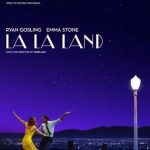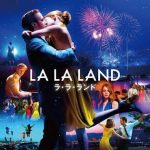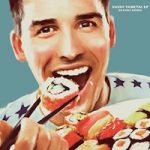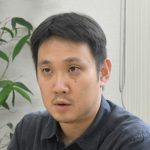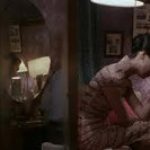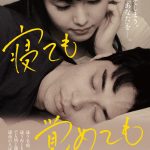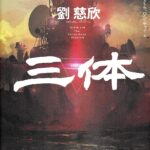――As an artist, it is clear that you have rich musical backgrounds and it is certainly detected from your film music/ TV music as well. Richness in sonority, timbre, precise usage of extended techniques of strings, coolness of percussion sounds, etc. Music scores for Tin Star, which seems highly acclaimed by the media, tell us some episodes if you have.
I have written music to picture for quite a while butI got the job writing for “Tin Star” because of Rowan Joffe who is the son of Roland Joffe. I was given a fair bit of freedom in writing the music and had access to many players and ensembles. I think the biggest we did was around 28 players. Much of the music was written for an ensemble of 12. All of the sound is recorded and created from scratch. I only use samples to mock up orchestral pieces sometimes. Actually there were a couple of bits in “Tin Star : Liverpool” where I had to use them because of lockdown and we couldn’t get players in rooms together. On “Tin Star : Liverpool” there was quite a bit of tape processing and more percussion than previous seasons. I used the field recordings quite percussively sometimes too. The electronics came from Russian synthesisers and old oscillators. The music is quite broad. There are a lot of different directors you work with who have different musical ideas on these series and the show moves between many different moods as well as using black humour and lots of violence. The show is very larger than life so the music is sometimes like this. I have to write melodic themes but “Tin Star” also allowed me to write music which was experimental and atonal or using 1/4 tones and allowed me to explore the possibilities of regularly getting together groups of the amazing players that are in London at the moment.
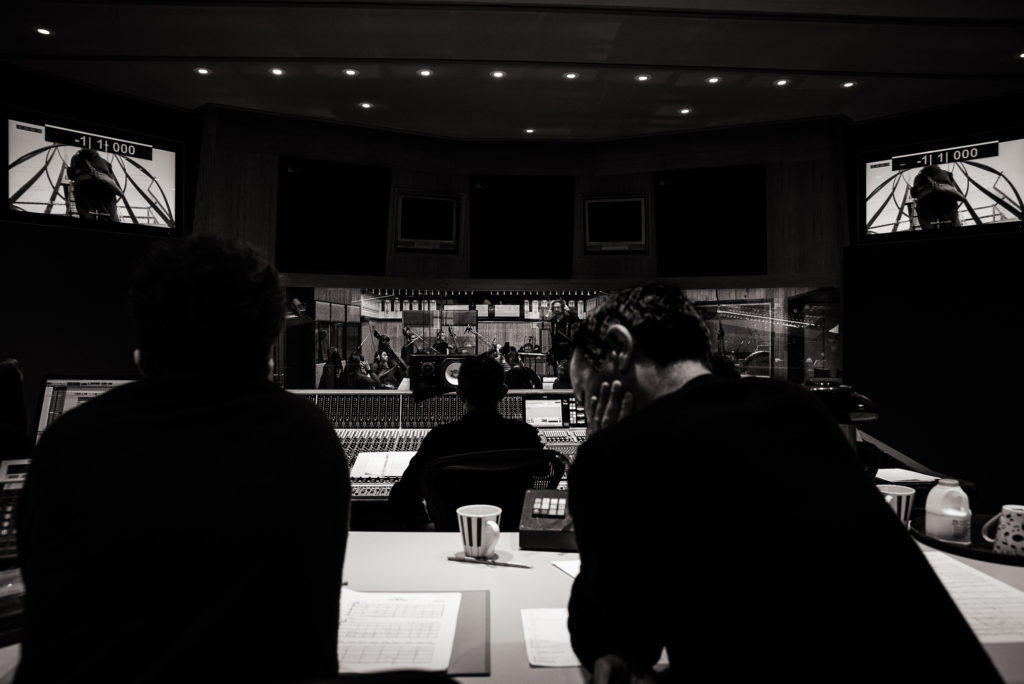
――How do you handle conflicts between film music/music for TV and more performance-based experimental music which you are curating, while most film composers tend to compromise or make ends meet with their clients or directors. Ennio Morricone might be a good example, but if you have your opinions/visions/advantages as an artist.
Yes it is a good question. I think sometimes because of my music for film/tv the more experimental music scene will think you are too commercial and then the film/tv people think you are too experimental. I grew up at a time where film music was quite experimental but still hugely popular but now a lot of it is coming out of offshoots of pop music and the more commercial parts of electronic music which is fine but I am interested in other things. But as for compromise in my experience you gain the trust of the people you are working with and then you don’t have to compromise. There are sometimes compromises of budget and time but I agree that it is important to have your own voice in what is called commercial music as in experimental music. You generally have to record a lot of orchestral or ensemble music in a few hours and you obviously don’t get the time to rehearse with the players so sometimes it is a challenge but a good one.
I do like though the framework that working to picture gives you and writing to performances of actors like Tim Roth is amazing. I think one practical tip to avoid diluting your own voice is to get your own music in as temp music as early as possible so you don’t have to do versions of temp music that has been placed to picture by the editors. I’ve really enjoyed collaborating with editors as well as the directors. When the editor is up for it I like writing pieces away from picture and finding the surprising places they choose to put things. It is good to get someone else ears on what you do,when I write my own music it can be harder because I ask myself too many questions about what it is whilst making it and generally the music gestates very slowly.
――Generally speaking, how do you think technological innovation has been influenced upon film music these days, say, this twenty years? Do you think it expands the possibility of sound/image?
Digital technology is important to me but I don’t let it be the defining thing in my music. Everything ends up on a computer but there are numerous processes I use outside the computer. I am also not one of these composers who has a keyboard connected to Gbs of samples that you play in. I haven’t used a keyboard to write music for ensembles in years.
Most of my music is created in real spaces with real performances and uses analog and acoustic processes as well as digital. I also like compositional processes that allow the players frameworks to express their own musicality in. One of the things I love about the performance from a group of musicians is how you get many individual voices all combining together to make one sound with layers of subtle imperfection interacting that you never get when things are solely digitally pieced together. But generally technology makes the practicalities of writing numerous pieces of music easier. The first film I ever did when I was writing with someone else we had to sync to a video player to write the music to picture. It was complicated and time consuming and now you get a QuickTime and can run it in a window on your computer and sync with no problems.



